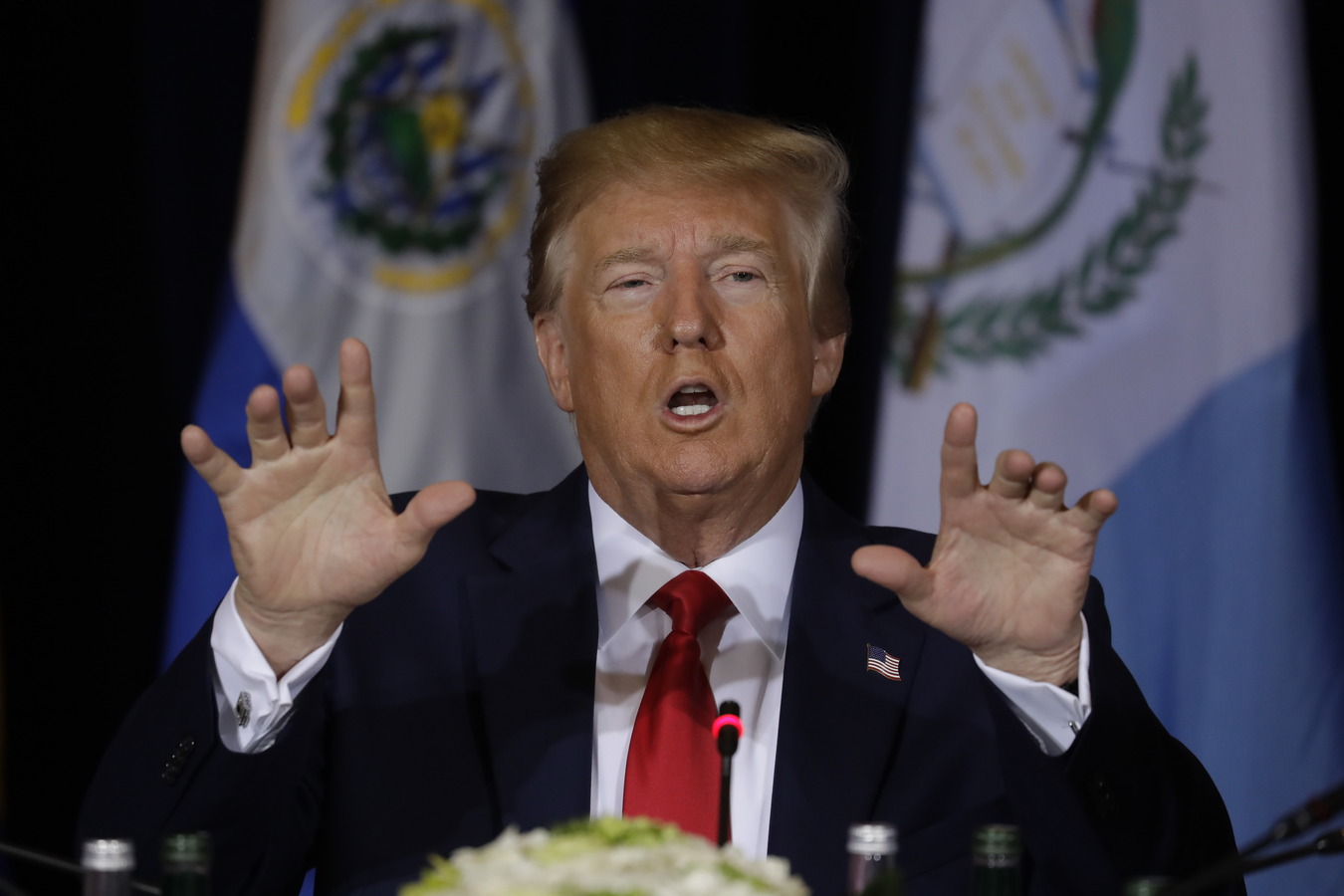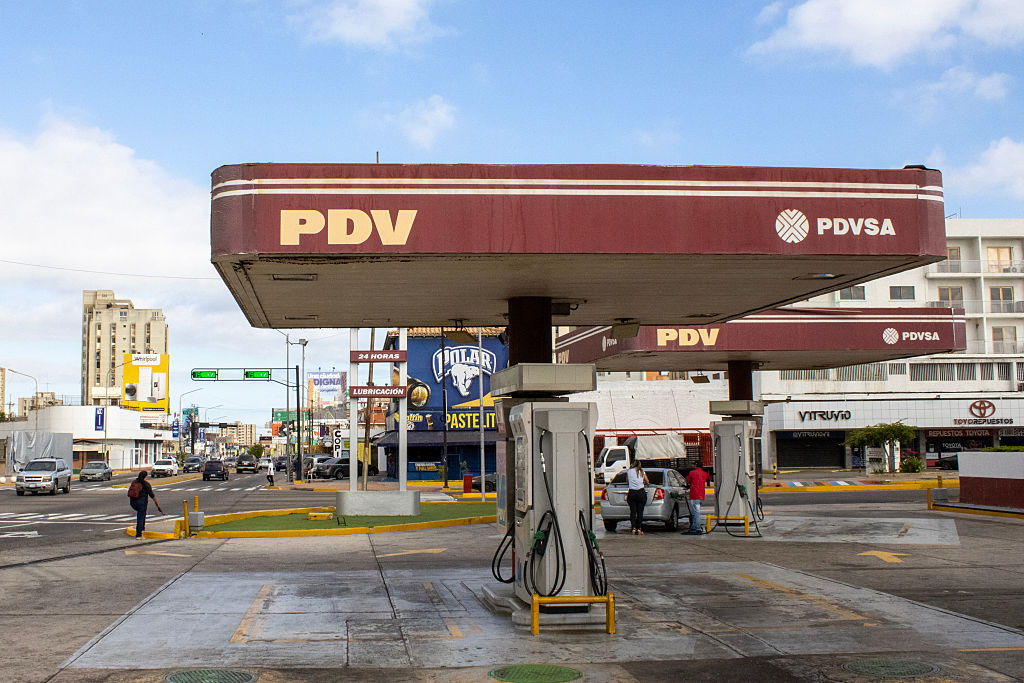U.S.-Latin American Relations: Paternalism to Partnership
U.S.-Latin American Relations: Paternalism to Partnership
Initiatives like the Pacific Alliance offer a chance to pursue ties with Latin American countries "willing and able to partner with us," writes COA’s Eric Farnsworth for ABC News/Univision.
It's rare that both the U.S. president and vice president travel to Latin America and the Caribbean in the same year, much less the same month. But that's exactly what just occurred with President Barack Obama's trip to Mexico and Central America, and Vice President Joe Biden's travel to Brazil, Colombia, and Trinidad and Tobago in May. These trips—and also early June meetings in Washington with the presidents of Chile and Peru and Secretary of State John Kerry's trip to Guatemala, a state visit for the president of Brazil in October, and meaningful immigration reform—offer the best opportunity in some time to establish a more consequential U.S. policy toward the Americas.
For many years the foundation for policy has been the belief that democracy is both secure and ingrained in the minds of the people of Latin America and the Caribbean, and that partnership with the United States is a natural result. Washington assumes that democracies once established through free and fair elections will remain democratic, and that democratic institutions will deepen and prosper over time. The United States also anticipates that democratically-elected governments will transition power regularly and peacefully to a legitimate opposition, abide by a rule of law that supersedes any individual government, maintain human rights protections, and respect a free press.
While most nations in Latin America are strong if imperfect democracies, others such as Venezuela are moving backward as their populist leaders bend laws and institutions to the individual will of the president. At the same time, some of the strongest democracies have enabled these actions by selectively turning a blind eye to threats to democracy outside their own borders.
As a result, the pan-regional, consensus-based agenda as represented by the periodic Summits of the Americas has increasingly become a relic. The Summit one year ago in Cartagena broke up in disarray over the Falkland Islands and whether Cuba's president should be included in future Summits of the democratic leaders. Promotion of a meaningful economic integration agenda—the original purpose of the Summits—was not even discussed….








